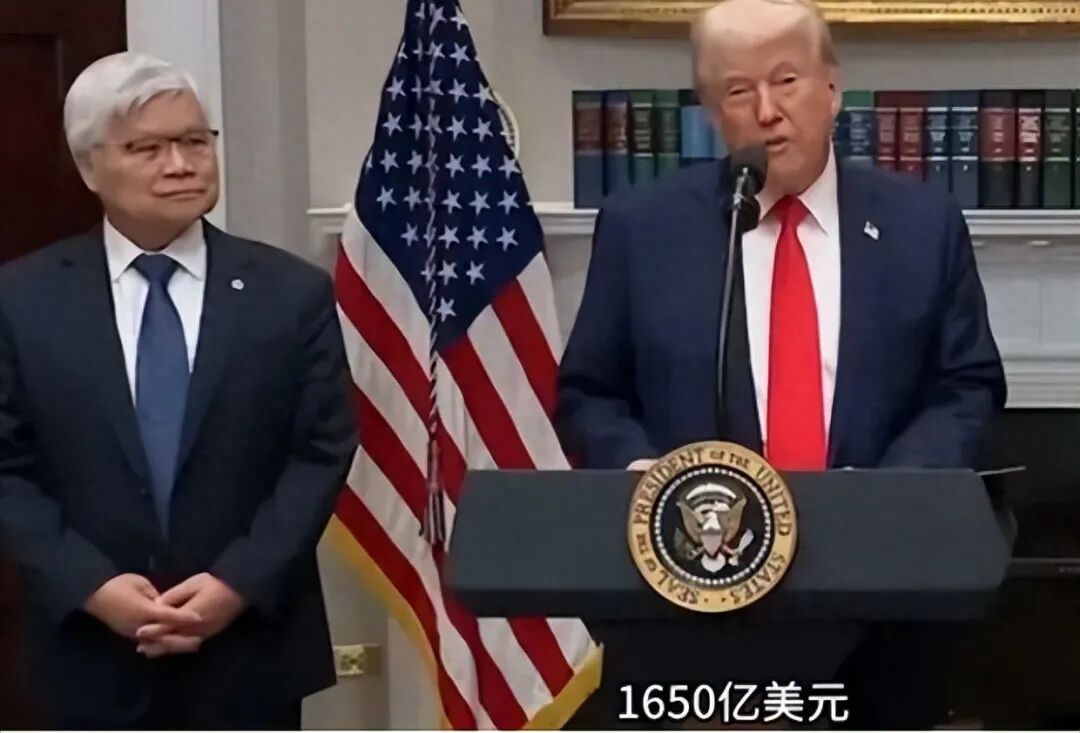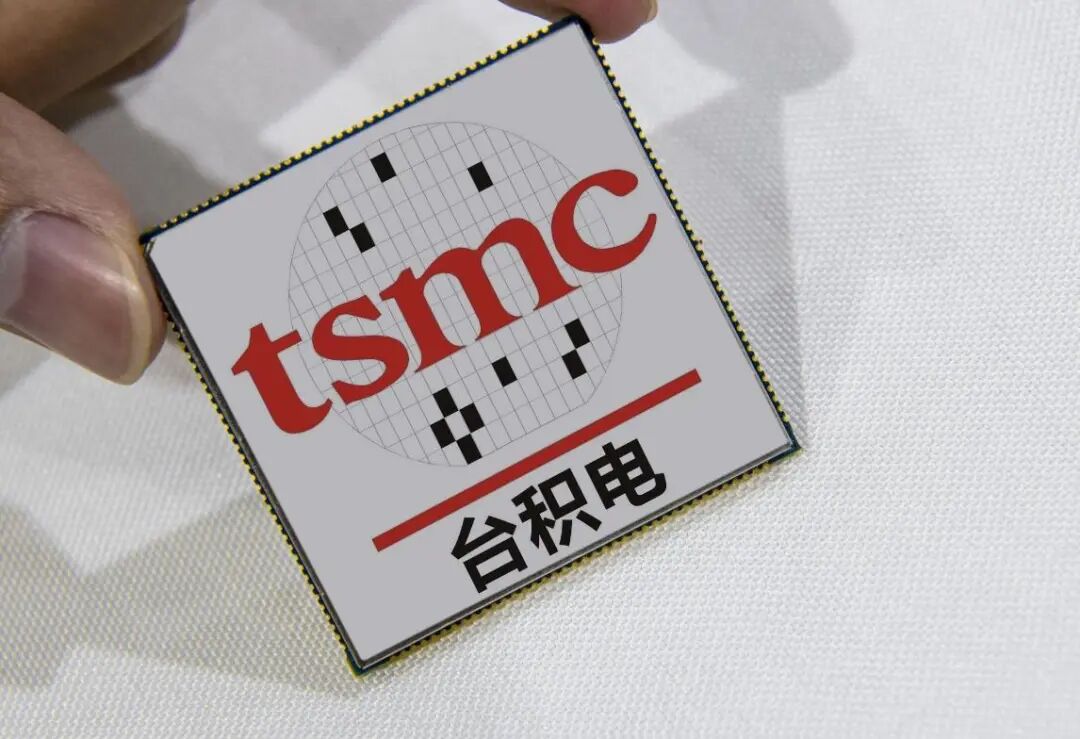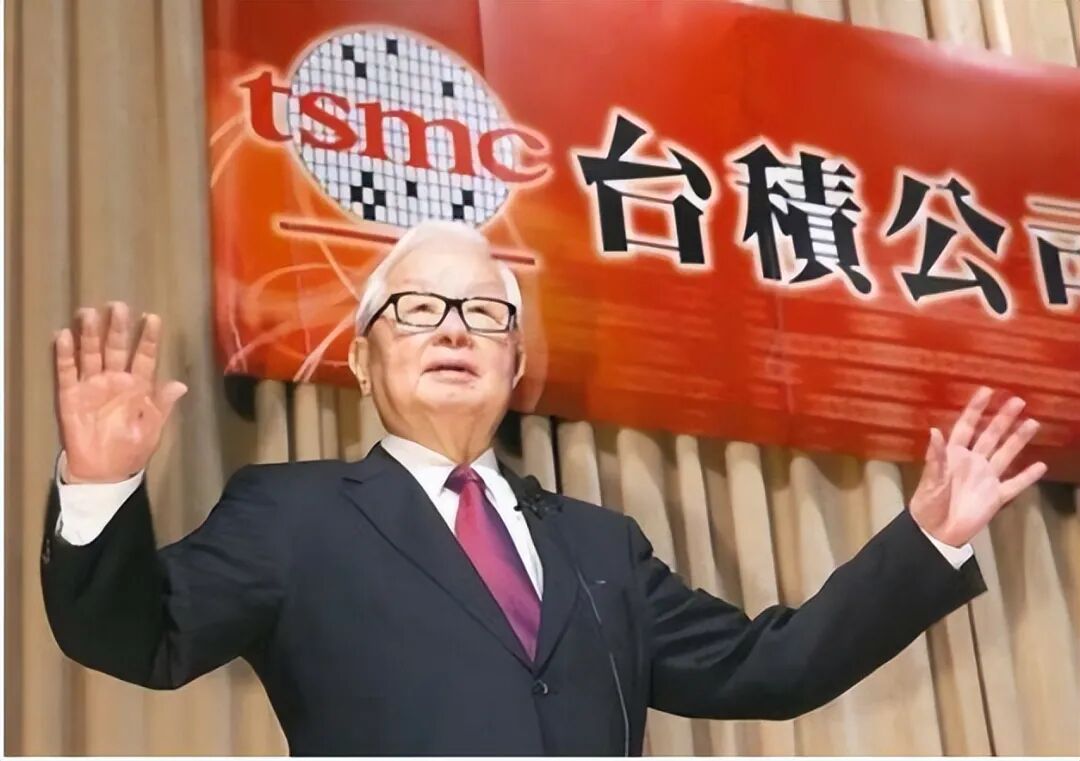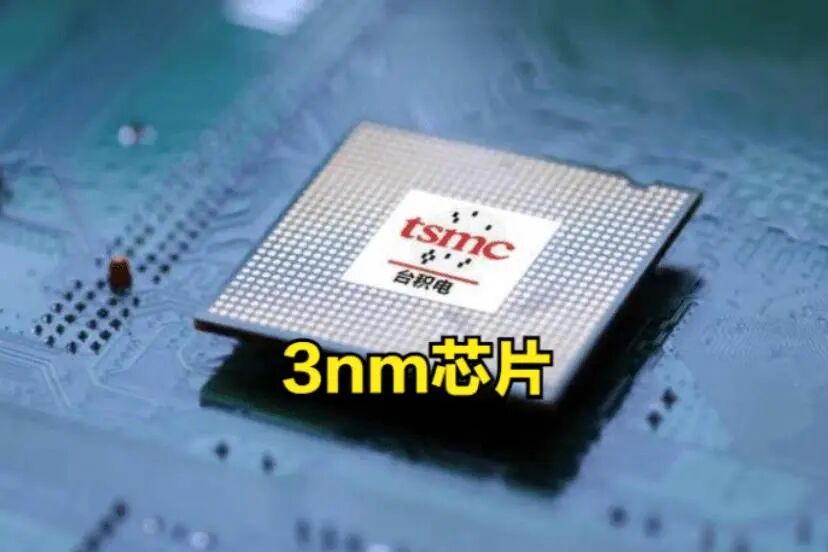Recently, the semiconductor industry in Taiwan has been buzzing with activity. Even the street vendors selling braised pork rice are saying, “It seems that TSMC might have to change its name to American Semiconductor!” This statement sounds exaggerated, but upon reflection, it is not without basis.
Take a look at TSMC’s recent major moves. They have announced an additional investment of $100 billion in Arizona, bringing the total to $165 billion, to build six chip factories, two packaging centers, and even a research and development center.
This is indeed a significant undertaking, and what is even more concerning is that these factories are targeting the most advanced technologies, such as 5nm and 3nm. According to the plan, once these factories are fully operational, their production capacity will account for more than 30% of TSMC’s total output.

Walking down the streets of Taipei, you can ask any taxi driver, and they can calculate this: for every 1% of production capacity that TSMC moves away, Taiwan’s GDP will drop by 0.5 percentage points. This is not an exaggeration; the entire semiconductor industry chain in Taiwan is like a precision clock, with TSMC being the most critical gear. From photoresist suppliers to packaging and testing factories, from engineers to technicians, the entire industrial ecosystem revolves around TSMC. Now that the main gear is moving to the United States, can the supporting parts not follow?
Recently, Mr. Zhang from the Hsinchu Science Park has been worried. His mold factory specializes in making parts for TSMC, and now his clients are urging him to set up factories in the U.S. “If I don’t go, the orders will disappear. If I go, what will happen to Taiwan?” Mr. Zhang’s dilemma is a microcosm of the entire Taiwanese semiconductor supply chain. What is even more chilling is that this wave of technology outflow could be like a domino effect, toppling Taiwan’s proud chip kingdom.

The Taiwanese authorities have finally realized the gravity of the situation. According to reports from the Economic Daily, the Taiwanese government plans to implement an “N-1” policy, which specifically states that the latest technologies must remain in Taiwan, and overseas factories must lag one generation behind.
In simple terms, if TSMC has 2nm technology, then the 2nm technology can only be used in Taiwan, while the U.S. factories can only use 3nm at most. This move seems clever, but whether it can truly restrain TSMC remains a question mark.
After all, the U.S. has invested heavily and is clearly aiming to undermine Taiwan’s position. TSMC engineers are moving to the U.S. with their families, and even Taiwan’s pride, the “Nightingale Team” (engineers who can work around the clock), will be setting up camp in Arizona. Not to mention that the U.S. has raised the banner of “national security”; with that label attached, can the Taiwanese authorities dare to say no?

There are rumors everywhere that to protect the “sacred mountain of defense,” we need the People’s Liberation Army to stand guard. This statement sounds harsh but hits the nail on the head. When core technologies become bargaining chips in great power games, the economic lifeline of the small island is like a kite, with the string held in someone else’s hand. Just like the old brand in Hsinchu that has been cutting wafers for three generations, the owner sighs, saying, “I used to think that having the skills was enough, but now I realize that where the factory is located is the lifeblood.”
In fact, Taiwan’s predicament reflects the awkwardness of the entire East Asian semiconductor industry. South Korea’s Samsung is also setting up factories in the U.S., and Japan’s semiconductor industry has experienced a dramatic decline. Technology blockades and industrial transfers are like two guillotines hanging over every chip worker’s head. Taiwan’s awakening may not be too late, but relying on a mere “N-1” policy to stop the tide seems like a futile effort.

Standing atop Taipei 101, overlooking the semiconductor park illuminated brightly, that is the lifeblood of Taiwan’s economy pulsating. How can we protect this foundation? Perhaps a more pragmatic strategy is needed: instead of confronting the U.S. head-on, it would be better to take this opportunity to promote industrial upgrades and keep the R&D focus in Taiwan; instead of blocking technology outflow, it would be better to cultivate more “second TSMCs.” After all, in the chip industry, not only the process technology is constantly changing, but also the undercurrents of geopolitical tensions.
This defense battle has just begun. As TSMC’s drilling machines roar in the American desert, the hearts of Taiwan’s semiconductor professionals are clear: they are guarding not just a few factories, but the entire East Asian semiconductor industry’s voice. There are no winners in this game, but Taiwan must find its own way to survive; otherwise, the “sacred mountain of defense” may truly become a distant moon.